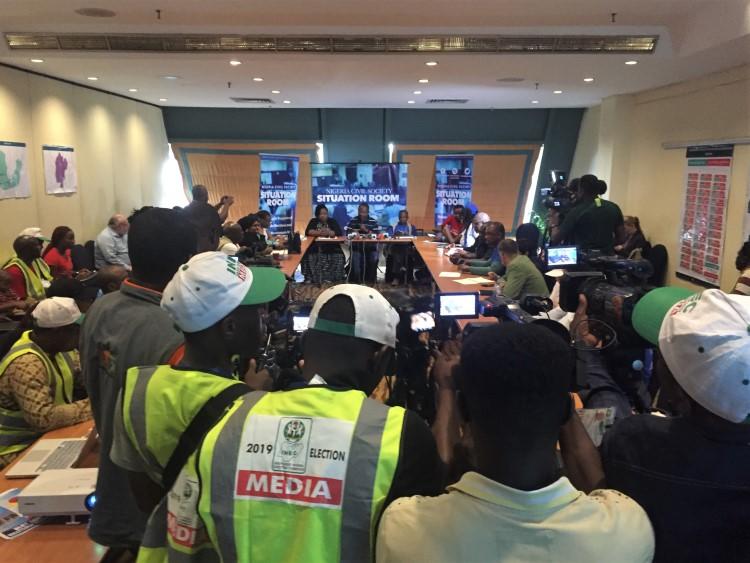The Institute for Media and Society, IMS, joins the rest of the world in celebrating the World Press Freedom Day 2021 with the theme: ‘Information as a Public Good.’
We are delighted that the United Nations sets aside this day for this celebration and with a theme that captures the global mood for information production and dissemination.
The world today is one of increasing need for professionally processed and credible information by all sections of the population. Citizens require information that is relevant to the daily issues of their individual lives and communities as well as those of governance in their societies.
The media require conducive environment to be able to deliver on their expected mandates, such as informing, educating and advocating for the public and in holding government accountable to the people.
Unfortunately, the practice of journalism has been confronted with restrictions across the world. According to reports, in 2020 alone, 50 journalists were reportedly killed worldwide. In Nigeria, the past year has witnessed widespread attacks on journalists perpetrated through arrest and detentions, assaults, damage of professional equipment, denial of salaries and dismissal from work, among others.
Significantly, the involvement of the state governments and their agents in the violation of journalists’ rights has acquired prominence during this period. No wonder that global reports indicated that Nigeria has become the most dangerous environment in West Africa to practice journalism.
The condition of the media has also been adversely affected by the COVID-19 pandemic, with manifestation in downturn of media businesses across the country. As media managers struggle to keep business afloat under and unfavourable operational climate, media organizations, journalists and other media workers have seriously suffered from plummeting revenues, job losses and other problems.
The Institute for Media and Society is worried by this trend and we call on all stakeholders to do the needful and address the situation.
- The federal government has the obligation under the Nigerian constitution and various international instruments on the rights of the media, hence it should respect the rights of journalists, protect them in performing their professional duties, investigate violations of their rights and bring violators to justice.
- Governors of each of the 36 states have important roles to play. We call on the Nigerian Governors Forum to engage its members so as to reverse the growing trend of governors violating the rights of journalists.
- Media proprietors and managers should continue to explore innovative management mechanisms that will advance sustainability of their various media platforms and enhancement of journalists’ welfare.
- Training institutions should, in collaboration with regulators, proprietors, and managers design and implement media and information literacy programmes for media and citizen groups.
- Journalists should remain resolute in their commitment to professionalism, expansion of the frontiers of expression and keeping journalism in the service of democracy.




